Matej Andrejašič, Pipistrel
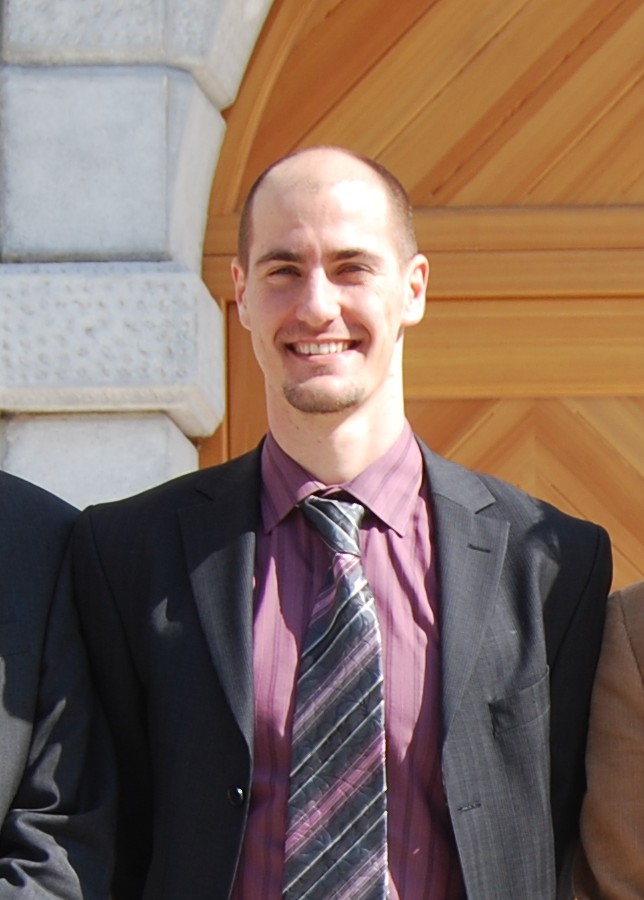
Dr. Matej Andrejašič finished his undergraduate studies at the Faculty of Mathematics and Physics, University of Ljubljana, Slovenia, in 2009. After the graduation he got employed at Pipistrel d.o.o. Ajdovščina as a researcher in the Research and Development department. He received his PhD degree in physics at the University of Nova Gorica, Slovenia, in 2014 with the thesis entitled “Optimization of Aerodynamic Surfaces using Pressure Based Functionals”. At Pipistrel he is responsible for aerodynamic studies and CFD simulations done for internal projects and as well as for European research projects.
Ritu Arora, TACC

Ritu Arora is an HPC researcher and consultant at the Texas Advanced Computing Center (TACC). She also teaches at the University of Texas at Austin. Ritu provides HPC and Big Data consultancy to the users of the national supercomputing resources through her role in XSEDE (Extreme Science and Engineering Discovery Environment). The key areas of her interest and expertise are HPC, fault-tolerance, domain-specific languages, generative programming techniques, workflow automation, and Big Data management. She received her Ph.D. in Computer and Information Science from the University of Alabama at Birmingham in 2010.
Orly Alter, University of Utah
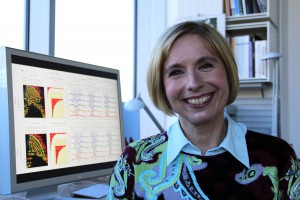 Dr. Alter is a USTAR associate professor of bioengineering and human genetics at the Scientific Computing and Imaging Institute at the University of Utah. Inventor of the “eigengene,” she pioneered the matrix and tensor modeling of large-scale molecular biological data, which, as she demonstrated, can be used to correctly predict previously unknown cellular mechanisms. Dr. Alter received her Ph.D. in applied physics at Stanford University, and her B.Sc. magna cum laude in physics at Tel Aviv University. Her Ph.D. thesis on “Quantum Measurement of a Single System,” which was published by Wiley-Interscience as a book, is recognized today as crucial to the field of gravitational wave detection.
Dr. Alter is a USTAR associate professor of bioengineering and human genetics at the Scientific Computing and Imaging Institute at the University of Utah. Inventor of the “eigengene,” she pioneered the matrix and tensor modeling of large-scale molecular biological data, which, as she demonstrated, can be used to correctly predict previously unknown cellular mechanisms. Dr. Alter received her Ph.D. in applied physics at Stanford University, and her B.Sc. magna cum laude in physics at Tel Aviv University. Her Ph.D. thesis on “Quantum Measurement of a Single System,” which was published by Wiley-Interscience as a book, is recognized today as crucial to the field of gravitational wave detection.
Philip Blood, XSEDE
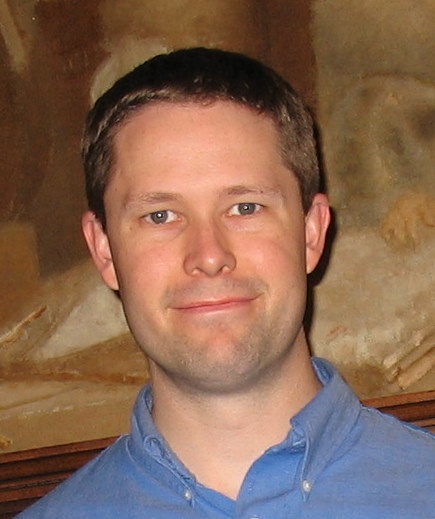
Philip Blood received his Ph.D. in Bioengineering from the University of Utah where he utilized massively parallel molecular dynamics simulations to study how proteins remodel cellular membranes. In 2007 he joined the Pittsburgh Supercomputing Center where he works as a Senior Computational Scientist. He is actively engaged in the NSF XSEDE project, working with scientists in the fields of computational chemistry, biophysics, bioinformatics, economics, and various other disciplines to advance science through supercomputing. Currently, Philip is especially focused on enabling large-scale, accessible genomics analysis on PSC’s new Bridges system. Philip also works in the XSEDE Campus Champions program, an effort to help more researchers at U.S. institutions take advantage of national and campus-level research computing resources.
Scott Callaghan, SCEC
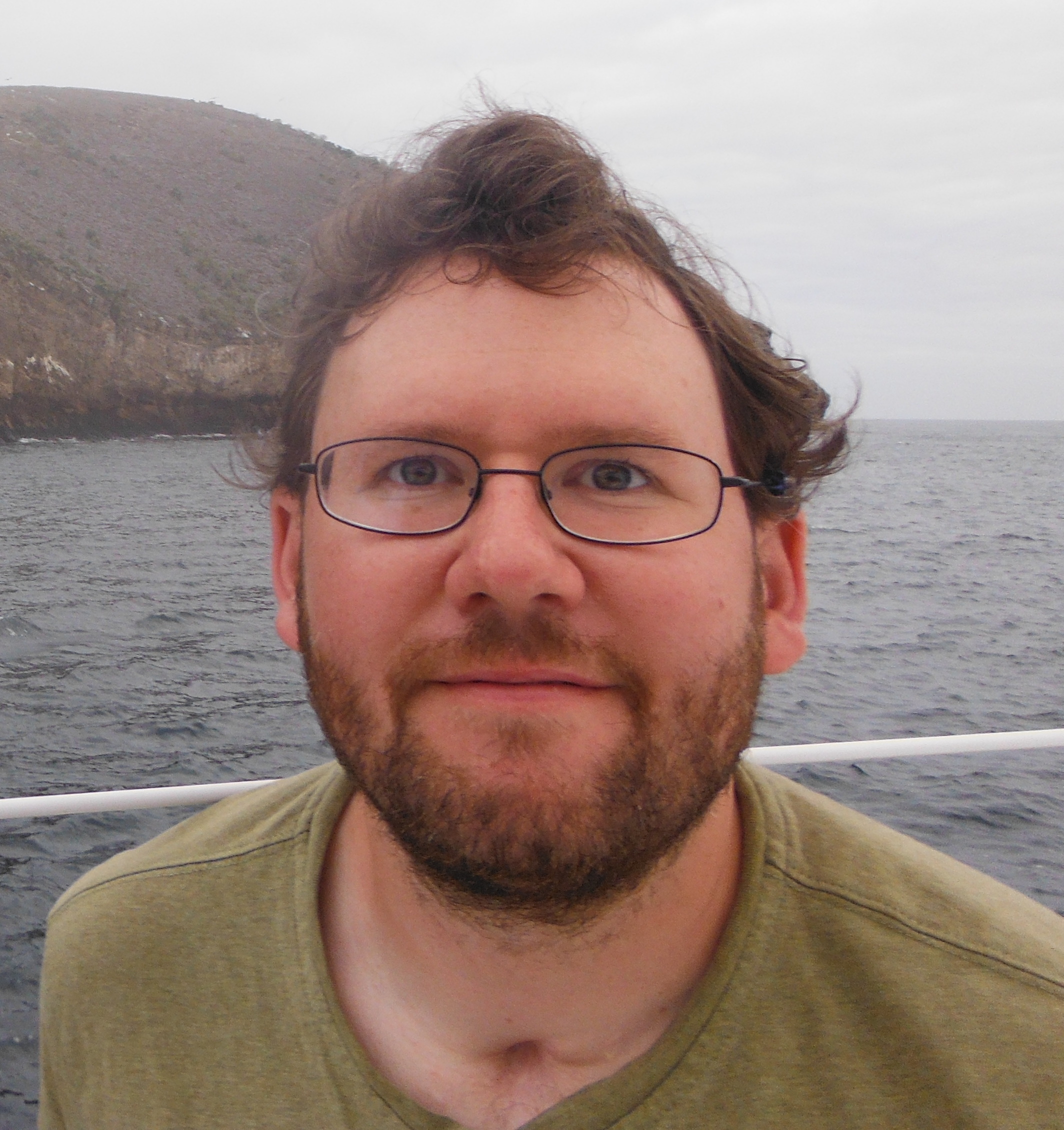
I’m a research programmer at the Southern California Earthquake Center (SCEC), based in Los Angeles, though I work remotely from St. Louis, Missouri. I first got involved at SCEC as an undergraduate intern, then as a graduate student, and now as staff. I’m the project lead on a software application which performs physics-based probabilistic seismic hazard analysis for California. This software typically runs on large HPC systems such as Blue Waters at NCSA and Titan at OLCF. My research interests include scientific workflows and high throughput computing. I spend most of my time outside of work playing with my one-year-old son, but I also curl, knit, and grow vegetables.
Vetria Byrd, Purdue University
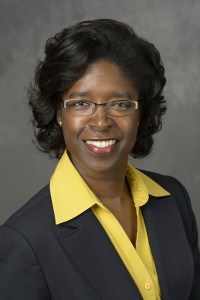 Dr. Vetria Byrd is an assistant professor in the Department of Computer Graphics Technology in the Polytechnic Institute at Purdue University in West Lafayette, Indiana. Dr. Byrd is the founder and organizer of the biennial Broadening Participation in Visualization (BPViz) Workshop co-funded by The Committee on the Status of Women in Computing Research/Coalition to Diversify Computing (CRA-W/CDC) and the National Science Foundation (NSF). Dr. Byrd has given numerous invited talks and workshops on visualization including: XSEDE14 plenary address (featured in HPC Wire online magazine), and an invited presentation at The Banbury Center at Cold Spring Harbor Laboratory. Dr. Byrd works with XSEDE to provide on campus training on scientific visualization. She was the Principal Investigator for the highly competitive NSF VisREU Site: Research Experience for Undergraduates in Collaborative Data Visualization Applications for 2014/2015 at Clemson University. Dr. Byrd continues to mentor VisREU research fellows as well as students at Purdue University. Dr. Byrd received her graduate and undergraduate degrees at the University of Alabama at Birmingham, in Birmingham, Alabama which include: Ph.D. in Computer and Information Sciences, Master’s degrees in Computer Science and Biomedical Engineering and a Bachelor’s degree in Computer Science . Dr. Byrd’s research interests include: data visualization, high performance visualization, big data, uncertainty visualization, collaborative visualization, broadening participation and inclusion.
Dr. Vetria Byrd is an assistant professor in the Department of Computer Graphics Technology in the Polytechnic Institute at Purdue University in West Lafayette, Indiana. Dr. Byrd is the founder and organizer of the biennial Broadening Participation in Visualization (BPViz) Workshop co-funded by The Committee on the Status of Women in Computing Research/Coalition to Diversify Computing (CRA-W/CDC) and the National Science Foundation (NSF). Dr. Byrd has given numerous invited talks and workshops on visualization including: XSEDE14 plenary address (featured in HPC Wire online magazine), and an invited presentation at The Banbury Center at Cold Spring Harbor Laboratory. Dr. Byrd works with XSEDE to provide on campus training on scientific visualization. She was the Principal Investigator for the highly competitive NSF VisREU Site: Research Experience for Undergraduates in Collaborative Data Visualization Applications for 2014/2015 at Clemson University. Dr. Byrd continues to mentor VisREU research fellows as well as students at Purdue University. Dr. Byrd received her graduate and undergraduate degrees at the University of Alabama at Birmingham, in Birmingham, Alabama which include: Ph.D. in Computer and Information Sciences, Master’s degrees in Computer Science and Biomedical Engineering and a Bachelor’s degree in Computer Science . Dr. Byrd’s research interests include: data visualization, high performance visualization, big data, uncertainty visualization, collaborative visualization, broadening participation and inclusion.
Thomas Cheatham, XSEDE
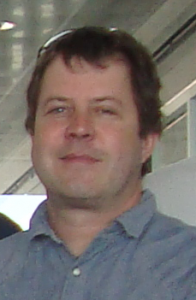
Professor Thomas Cheatham is in the Department of Medicinal Chemistry in the College of Pharmacy at the University of Utah. His research involves large scale bimolecular simulations and data analysis on HPC resources including XSEDE and Blue Waters. His group is one of the core AMBER software developers and focuses mainly on force fields and simulations of nucleic acids. In addition, Cheatham serves as the Director of Research Computing and the Center for High Performance Computing in University IT at the U of Utah.
Klaus Dolag, LMU

I graduated 2000 at the Max-Planck institute for Astrophysics in Garching. I’m now staff member in the computational astrophysics section of the LMU and have nearly 20 years of experience in numerical algorithm and code development. Throughout my scientific carrier i have been focussed on forefront simulations of galaxy clusters and large scale structures. I was among the first to include the treatment of magnetic fields in cluster formation simulations and did pioneering work within various, cosmological simulations campaigns, among them performing the currently largest cosmological, hydro-dynamical simulation.
David Henty, EPCC
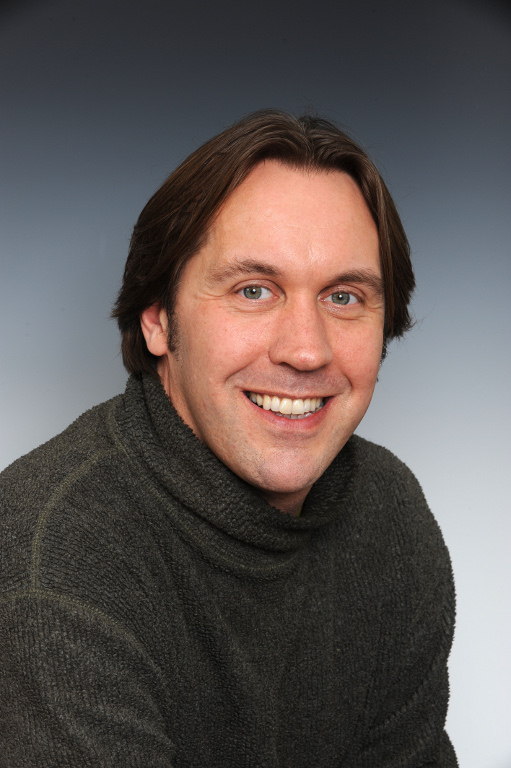
I am the Programme Director for both of EPCC’s MSc in HPC programmes, and manage the HPC training programmes at EPCC which includes courses for the national supercomputer, ARCHER, and our PRACE Advanced Training Centre. My research interests are in the area of achieving optimal performance for real scientific applications on very large parallel supercomputers. I graduated with a degree in Physics from Imperial College, London, in 1987, and received a PhD in Theoretical Physics from the University of Glasgow in 1990. I then spent four and a half years doing post-doctoral research in Lattice Field Theory at The University of Edinburgh before joining EPCC in 1995. I have worked on all the UK national supercomputer services for almost two decades.
Marko Kobal, CTO, Arctur d.o.o.
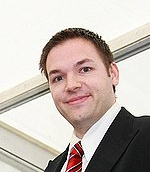
Dr. Marko Kobal finished his undergraduate studies at the Faculty of Computer Sciences, Ljubljana University. He also holds a PhD degree from the University of Maribor, Faculty of Electrical Engineering and Computer Science in the field of high performance computing and server virtualization. Marko is Arctur’s Chief Technology Officer (CTO) and head of research. He has more then 15 years of experiences in development and operation management of information systems and infrastructure. In the past he was involved in development of various web-based software solutions, both as a developer and project leader. He was also responsible for the development and management of Arctur’s IT infrastructure as well as IT infrastructure for some of Arctur’s partners and customers, from both commercial enterprises, academia and governmental organizations. Marko designed and is also operational manager of Arctur’s data center, hosting Arctur-1 supercomputer and Arctur’s cloud computing infrastructure. In last years Dr. Kobal is intensively involved in High Performance Computing and Cloud Computing. His work includes development and management of Arctur’s Cloud and HPC infrastructure as well as research in the area of efficient server virtualization and the collision of Cloud and HPC worlds into a single entity. Marko also holds several professional, world-wide recognized certifications, such as Linux Red Hat Enteprise Certificate Engineer and VMware Certified Professional.
Erik Lindahl, Univ. Stockholm, Sweden
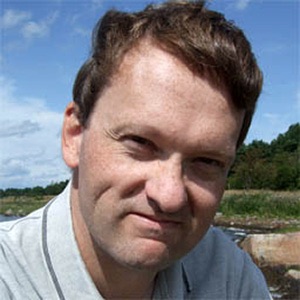
Erik Lindahl is professor of Biophysics at Stockholm University Sweden, with a second appointment as professor of Theoretical Biophysics at the KTH Royal Institute of Technology. His research is focused on understanding membrane protein structure and function, in particular complex conformational transition and method development both for molecular dynamics simulations and cryo-EM structure determination. The lab leads the development of GROMACS, which is one of the large programs used for parallel molecular dynamics simulations on a wide range of supercomputers, distributed resources and accelerators such as GPUs or many-core chips.
Takemasa Miyoshi, RIKEN Advanced Institute for Computational Science
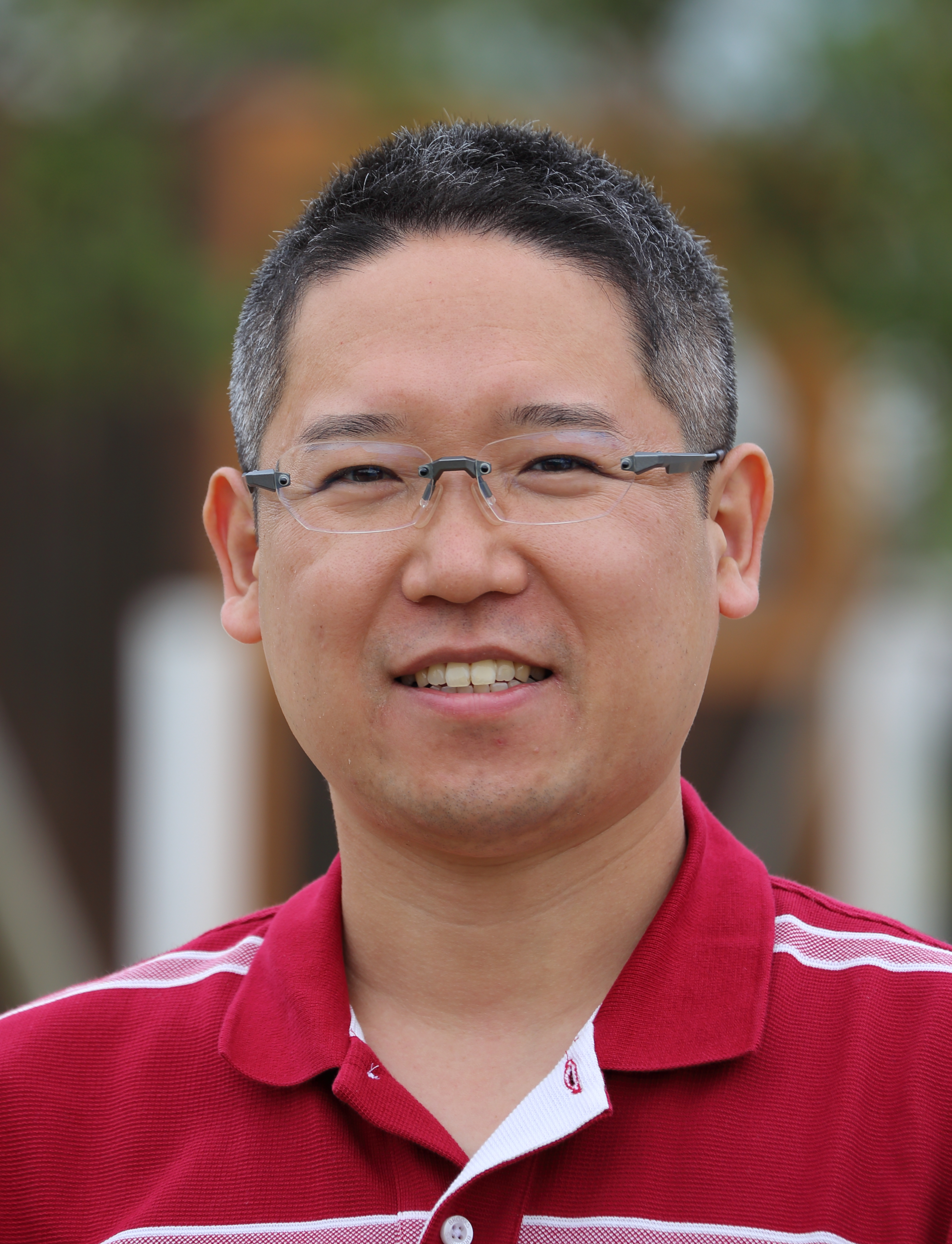
Upon completing the B.S. degree in theoretical physics from the Kyoto University in 2000, Dr. Takemasa Miyoshi started his professional career as a civil servant at theJapanese Meteorological Agency (JMA). After two years of administrative experience,Dr. Miyoshi started his scientific career on numerical weather prediction and developedthe three-dimensional variational data assimilation system from scratch for the JMAnonhydrostatic mesoscale model. In 2003, Dr. Miyoshi received a Japanese governmentfellowship to study at the University of Maryland (UMD) and completed both M.S. andPh.D. degrees in meteorology on ensemble data assimilation within two years. In 2005,Dr. Miyoshi moved back to JMA and was in charge of developing the JMA’s nextgeneration ensemble data assimilation systems. During the four years at JMA, Dr.Miyoshi came to be recognized as a leading scientist in data assimilation; he was askedto give invited talks at several international conferences and to be a member of theorganizing committee of the World Meteorological Organization’s data assimilationsymposium in Melbourne, the most prestigious conference in the field. In 2009, Dr.Miyoshi moved to UMD as a Research Assistant Professor, and got deeply involved ineducation as a tenure-track Assistant Professor since 2011. In 2012, Dr. Miyoshi startedleading the Data Assimilation Research Team in RIKEN Advanced Institute forComputational Science, and has been working towards his goals of advancing thescience of data assimilation as well as a deep commitment to education. Dr. Miyoshi’sscientific achievements include more than 70 peer-reviewed publications and more than50 invited conference presentations including the Core Science Keynote at theAmerican Meteorological Society Annual Meeting (2015). Dr. Miyoshi has been recognized by several prestigious awards such as the Yamamoto-Syono Award by theMeteorological Society of Japan (2008) and the Young Scientists’ Prize by the Minister of Education, Culture, Sports, Science and Technology (2014), the Japan GeosciencesUnion Nishida Prize (2015), and the Meteorological Society of Japan Award (2016).
Staff
Jay Alameda, XSEDE
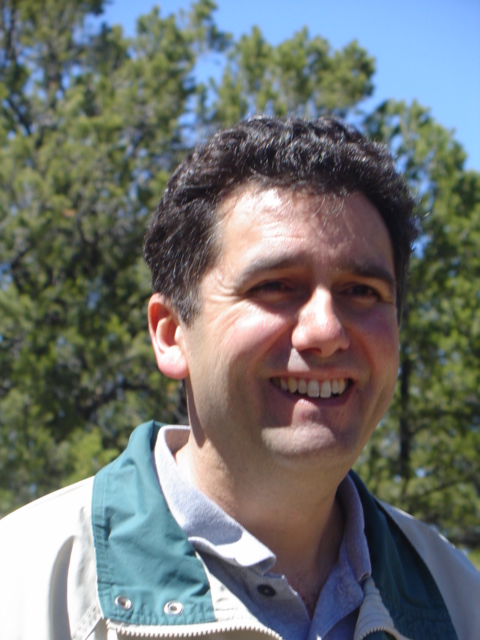
Jay Alameda is the lead for Advanced Application Support at the National Center for Supercomputing Applications. In this role, he works with the Extreme Science and Engineering Discovery Environment (XSEDE) which is a collaboration of NSF-funded high performance computing (HPC) resource providers, working to provide a common set of services, including the provisioning of advanced user support, to the science and engineering community. In particular, Jay leads the Extended Support for Training, Education, and Outreach Service of XSEDE, which provides the technical expertise to support Training, Education, and Outreach activities organized by XSEDE. He also was the lead of the recently completed NSF funded SI2 project, “A Productive and Accessible Development Workbench for HPC Applications Using the Eclipse Parallel Tools Platform”, which improved the Eclipse Parallel Tools Platform (PTP) to serve as a platform for development of HPC applications.
Galen Arnold, XSEDE
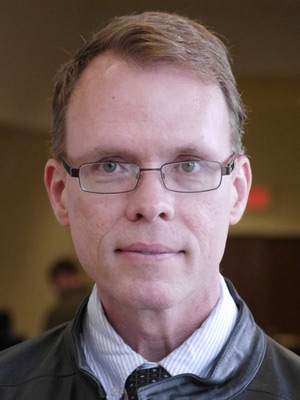
As a system engineer with NCSA, Galen enjoys helping people get the most out of HPC systems such as: Blue Waters and XSEDE systems with accelerators. He’s part of the Blue Waters applications support team as well as the XSEDE software development and integration testing group. He has a good working knowledge of most things unix/linux/hpc/networking and has a knack for debugging code. He believes k&r-c is the one true language but reluctantly admits the superior numerical performance of fortran codes.
Lizanne DeStefano, CEISMC
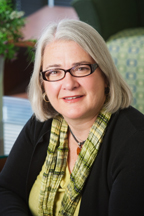
Professor of Psychology, Executive Director of the Center for Education Integrating Science Mathematics, and Computing (CEISMC), and Associate Dean-College of Sciences. Educational Psychology; School Psychology; evaluation and sustainability of innovative STEM educational programs; multi-site, large-scale research centers and initiatives; and programs serving underrepresented groups in STEM.
Emmanouil Farsarakis, EPCC
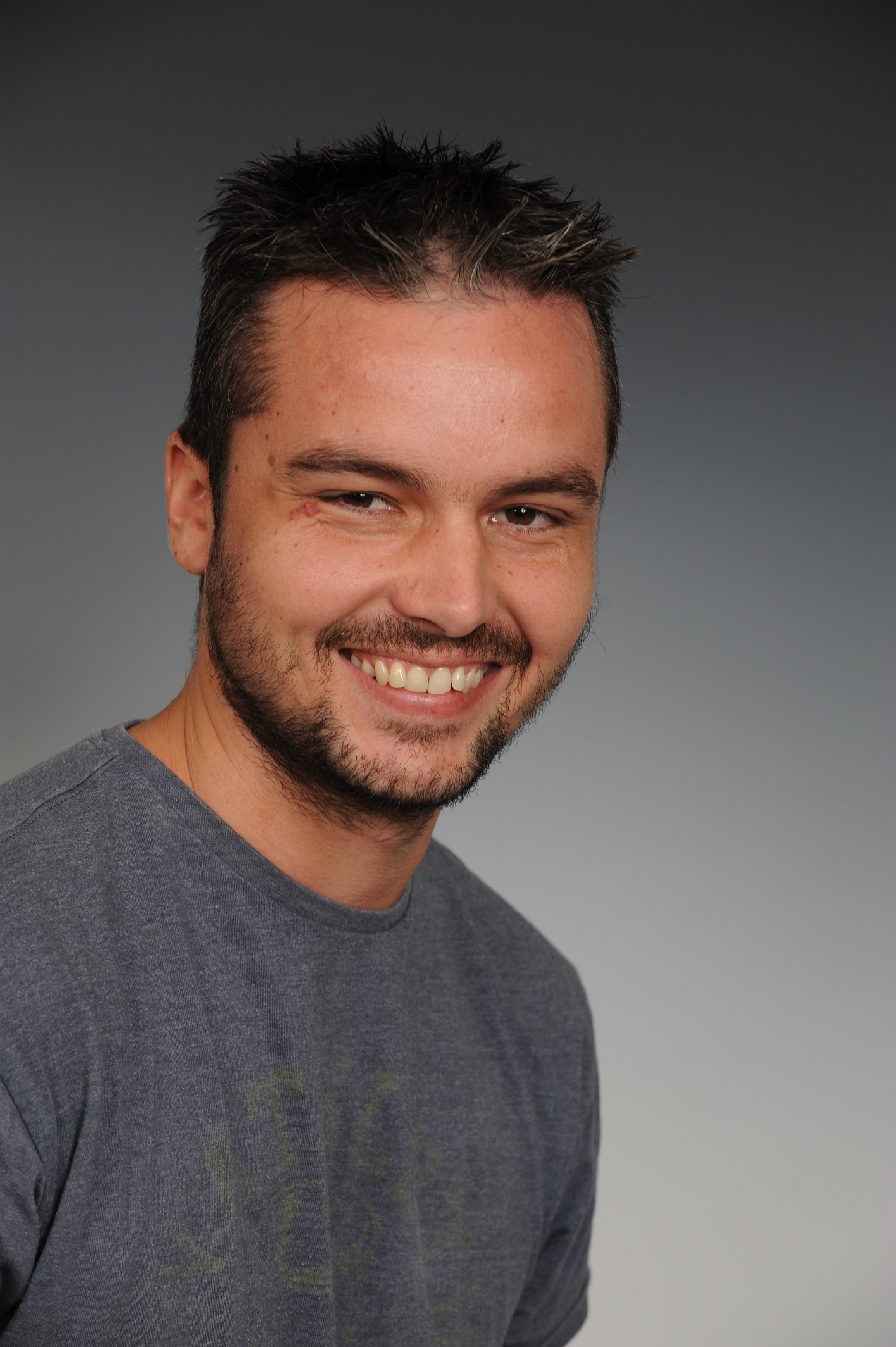
Applications Developer on the Computational Science & Engineering team at EPCC and the University of Edinburgh. Areas of interest include application optimisation and sustainability for Exascale, GPGPU, Xeon Phi, MPI, OpenMP, energy efficiency and training.
Christian Feld, JSC

Christian Feld has been active in the field of computer simulation and performance analysis since his time as a student at Cologne University from where he received his Diploma in Physics in 2004. After a year working as a consultant and software engineer for the Münster University of Applied Sciences, he moved to PTV AG in Karlsruhe where he joined the traffic simulation development team. From 2009 on he works as a scientific staff member at the Jülich Supercomputing Centre (JSC), reinforcing JSC’s cross-sectional team “Performance Analysis”. This gave him the opportunity to visit University of Oregon as courtesy research assistant and becoming visiting scientist at RIKEN’s Advanced Institute for Computational Science, Programming Environment Research Team. His work is primarily focused within projects developing Score-P, the next generation measurement infrastructure for the performance analysis tools Scalasca, Vampir, TAU and Periscope.
James Ferguson, University of Tennessee
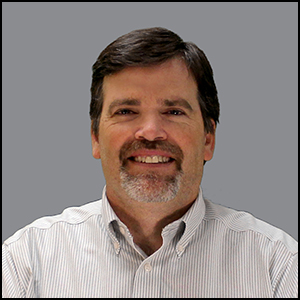
My professional career has been entirely in the user-facing part of computational science and engineering. From application programming, consultation, networking, training, education, outreach, and management of projects and groups doing all of these functions, I have held positions at the National Institute for Computational Sciences (U.Tennessee), the National Center for Supercomputing Applications (U.Illinois), and Pratt & Whitney Aircraft.
Scott Lathrop, XSEDE
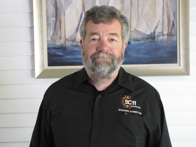
Through his position with the Shodor Education Foundation, Inc., Scott Lathrop splits his time between being the XSEDE Director of Education and Outreach, and being the Blue Waters Technical Program Manager for Education. Lathrop has been involved in high performance computing and communications activities since 1986. Lathrop is currently coordinating education and outreach activities among the XSEDE Service Providers involved in the NSF funded XSEDE project. He coordinates the community engagement activities for the Blue Waters project. He helps ensure that Blue Waters and XSEDE education and outreach activities are coordinated and complementary. Lathrop has been involved in the SC Conference series since 1989, served as a member of the SC Steering Committee for six years. He was the XSEDE14 Conference General Chair.
Hermann Lederer, RZG
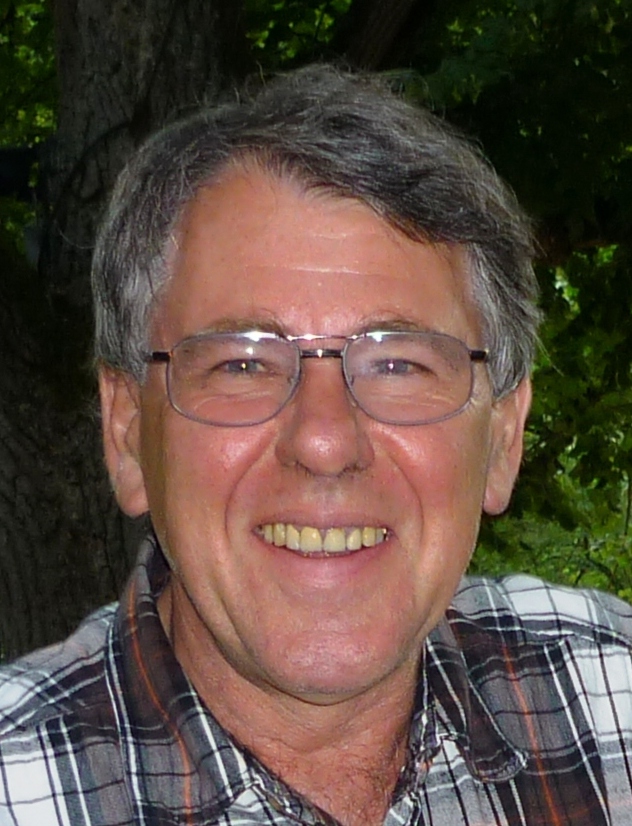
Hermann Lederer received a diploma in physics from the University of Munich (LMU) and a PhD in Natural Sciences from the Technical University of Munich (TUM). After a post-doc position at Max Planck Institute of Biochemistry in Martinsried, with research stays at Institut Laue-Langevin (Grenoble), Risoe National Laboratory and DESY (Hamburg), he took a position at RZG in Garching where he built up the group for high performance applications support. In 2009 he became deputy director of RZG, recently renamed to Max Planck Computing and Data Facility. Hermann Lederer is one of the initiators of the international HPC summer school which started in 2010.
Sergiy Mashchenko, SHARCNET
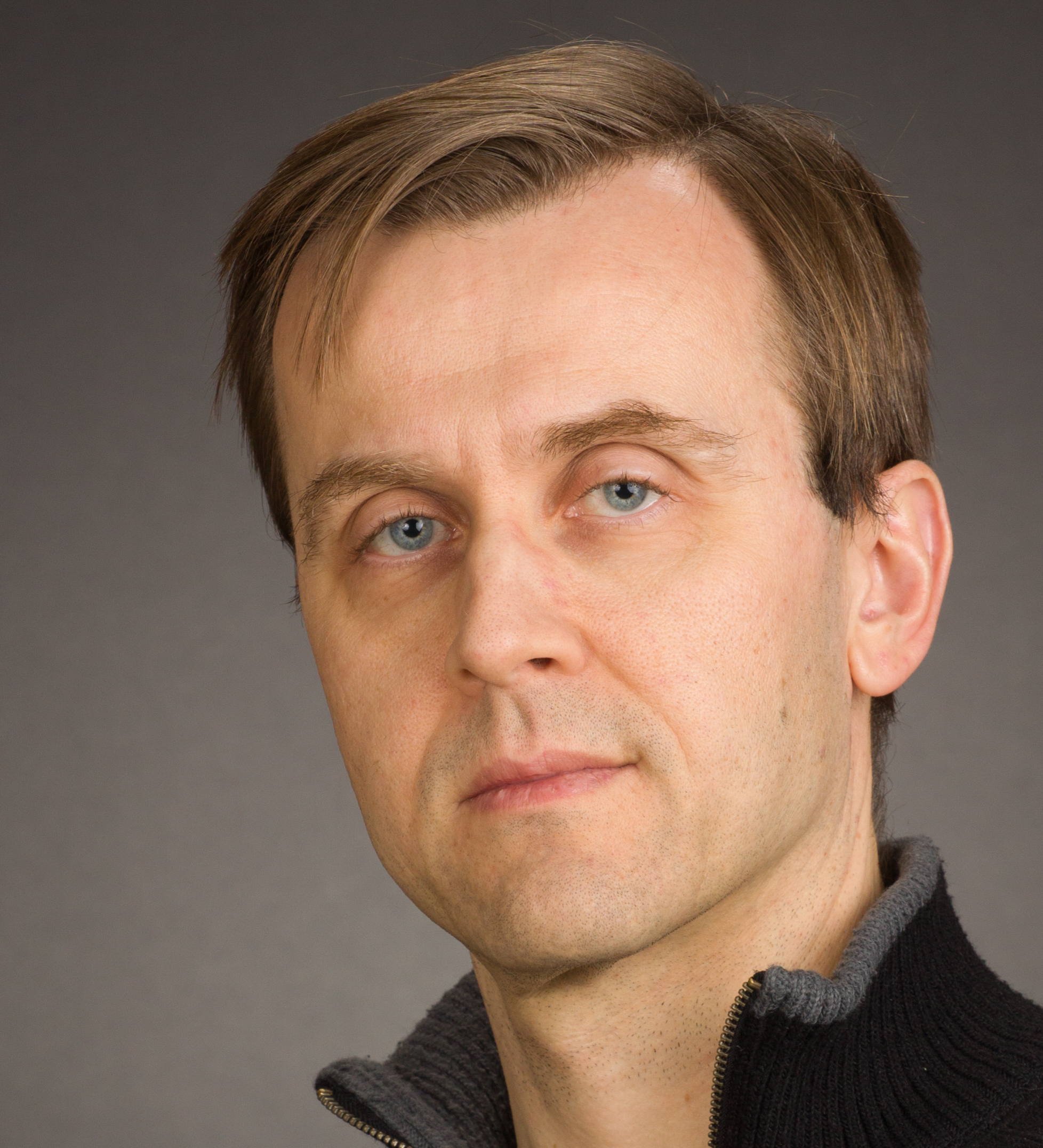
My original background is in research (computational astrophysics and cosmology). Over the last ten years I have been working as a high performance computing consultant with SHARCNET (supercomputing consortium in Ontario, Canada), helping researchers from Ontario and beyond to use our clusters efficiently. I have been programming myself, and teaching others how to program, on a variety of parallel platforms – CUDA, MPI, and OpenMP. Over the last ten years I have taught multiple courses on a variety of HPC topics (parallel programming, parallel debugging, bash programming etc.) at our annual SHARCNET HPC Summer Schools and as a part of the graduate program at McMaster University.
Alexei Razoumov, WestGrid / Compute Canada
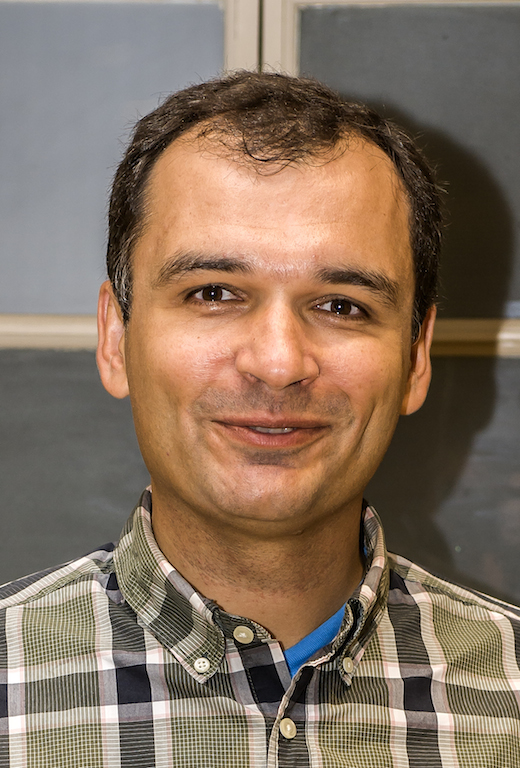
Alex Razoumov earned his PhD in computational astrophysics from the University of British Columbia. He has worked on numerical models ranging from galaxy formation to core-collapse supernovae and stellar hydrodynamics and has developed a number of computational fluid dynamics and radiative transfer codes and techniques. He worked for five years as HPC Analyst in SHARCNET helping researchers use large clusters, and two years ago joined WestGrid as visualization specialist. Alex lives in Vancouver, British Columbia, Canada.
Lorna Rivera, I-STEM
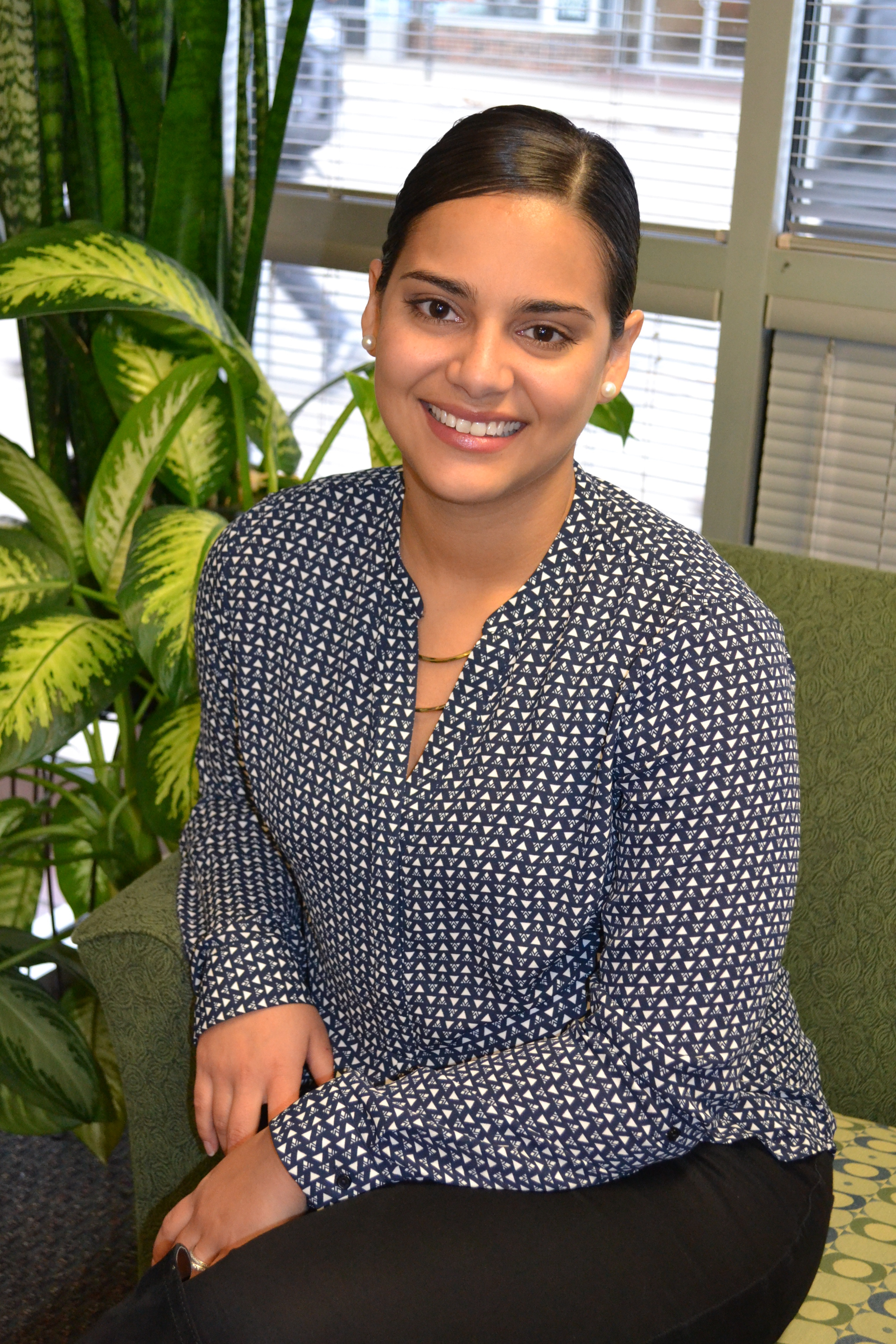
Lorna Rivera serves as a Senior Research Specialist in Program Evaluation at the Illinois – Science, Technology, Engineering, and Mathematics Education Initiative (I-STEM) at the University of Illinois in Urbana-Champaign. She consults various projects in evaluation planning, instrument development, data collection, data analysis, and report writing. While at I-STEM, Rivera has primarily conducted evaluations with funding from the National Science Foundation in the area of cyberinfrastructure development and access. This has led her to work with over 18 universities as well as multiple international high performance computing organizations. Specialties: Program Evaluation, Mixed Methods Evaluation, Innovative Programs and Sustainability
Ramses van Zon

Ramses van Zon is an HPC Applications Analyst at SciNet HPC Consortium at the University of Toronto, where he helps researchers get the most out of their computational allocations and teaches on topics in high performance computing and advanced research computing. He obtained his Ph.D. in Theoretical Physics at Utrecht University, and has worked at the Rockefeller University in New York and at the Chemical Physics Theory Group of the University of Toronto. He has extensive experience with using parallel programming, advanced algorithms for molecular dynamics, and workflow analysis.
Jose Nandez, Western University
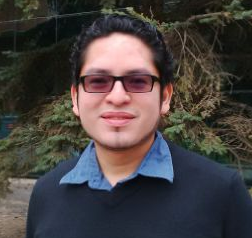
I am an HPC consultant focused on Big Data at Western University. I did my elementary school at UNAM (National Autonomous University of Mexico), and I finished my PhD in Computational Astrophysics at University of Alberta. As a Big Data guy, I use Hadoop, Spark, Hive, etc in order to do Data Science.
